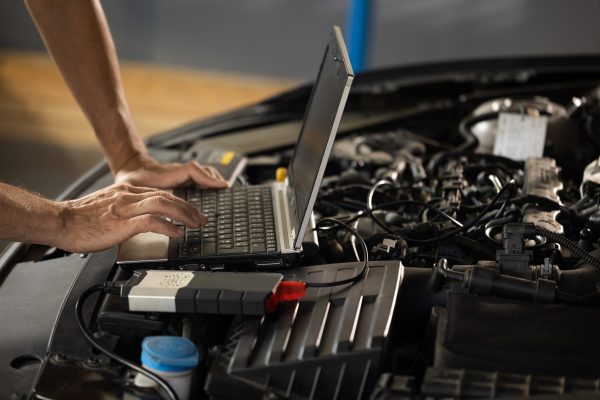Sometimes all you need is a little nudge in the right direction to begin to unravel a complaint or issue raised with a vehicle you have sold or a repair you have undertaken.
It is always best practice to get involved while you have the chance and follow the correct process at the very beginning of any issues raised to avoid any prolonged correspondence or even a lengthy court case.
Let’s begin with inspections – Who should do what and when?
Within the first 30 days after purchase, the consumer must provide evidence that the vehicle is faulty and that the fault raised was present or developing at the time of sale. You should request evidence from the consumer when they raise a complaint within this time.
Between 30 days and six months, the law presumes that the issue was present at the time of sale, and it is up to the trader to rebut that presumption. This may be as simple as referring to the PDI or MOT for items specifically tested or checked during these inspections. However, most of the time, the trader should inspect the vehicle to ascertain how the issue has come about.
From six months post-purchase and onwards, the burden is back on the consumer to prove that the vehicle is faulty and that the fault raised was present or developing at the time of sale.
What should a trader do if the consumer has had repairs carried out and wants reimbursement?
Whilst the correct process is to follow the above guidance concerning evidence, a consumer may decide to have the vehicle inspected and repairs conducted before contacting the trader.
If the consumer has sufficient evidence that would confirm the trader to have been liable to undertake the repairs, the consumer has an argument to request reimbursement from the trader. Of course, this can only be decided on the strength of the case presented by the consumer.
Consumers may choose to have work undertaken at a main dealer, with brand new parts, or at a specialist, and the repair invoice may be inflated in cost. The trader should consider what the repairs would have cost them had they been given the opportunity to repair the vehicle.

Composer is a next-gen automotive platform that has been designed from the ground up to give you an intuitive way to promote your stock. You have extensive stock management options, and you'll gain a brilliantly responsive new website to advertise your stock, starting at just £39.99/month.
A trader has sold a vehicle under distance sale, with paperwork provided, and there is an issue – What should the trader do?
First, the trader should refer to their own terms and conditions that were provided to the consumer prior to the vehicle purchase. The terms should contain details as to who bears the cost of returning the vehicle if either party cancels the contract under distance selling rules. If there is not a term confirming this, then the trader will need to bear any costs of getting the vehicle back.
Remember, in the distant selling 14-day cooling-off period, a consumer can cancel the contract for any reason – there does not need to be a fault, unlike the Consumer Rights Act (CRA) 2015.
If the consumer is claiming issues under the CRA 2015, the trader should consider having the vehicle inspected locally to where the consumer is based to save the time and cost of having the vehicle returned for inspection. Traders can instruct independent experts to complete Civil Procedures Rules (CPR) Part 35 compliant reports at a cost, and an expert will inspect the vehicle where it is located. Of course, the trader should bear in mind that if any in-depth inspection of the vehicle, such as inspecting engine internals or removing a gearbox is required, this cannot be completed on a consumer’s driveway and the vehicle must be moved to a workshop to ensure a complete and accurate inspection.
If an issue is discovered and there is evidence to support that the trader is liable to assist, the CRA 2015 confirms the trader must bear the costs of getting the vehicle returned if a rejection is due or if the trader is to conduct a repair.
If you are unsure about when distance selling rules apply, get in touch with Lawgistics before continuing with any delivery purchases. If the rules do apply, and the required paperwork was not provided to the consumer, they have up to one year and 14 days to reject the vehicle for a full refund – and for any reason.
Lawgistics’ legal helpline remains available for our members to call in about queries and/or further guidance on what to do.








